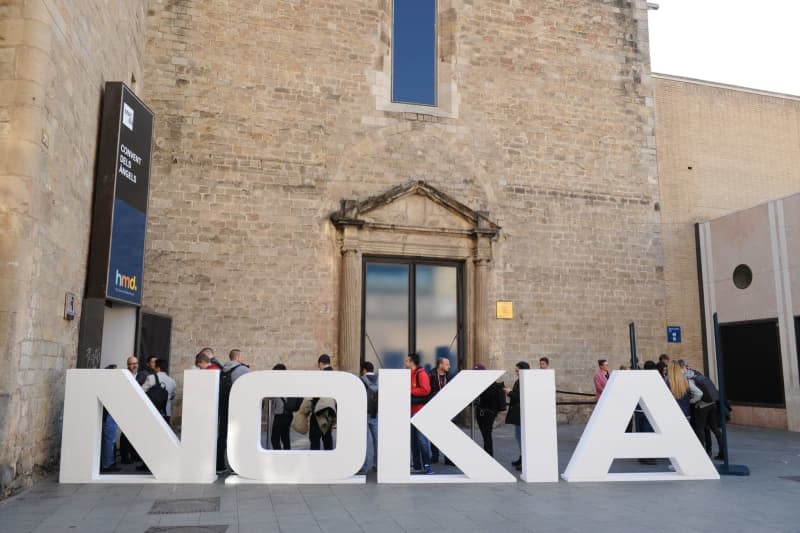Nokia to invest €360m in German chip design operations

Finnish telecommunications company Nokia plans to invest a total of €360 million ($390 million) in two facilities in southern Germany, primarily focused on microchip design.
Nokia announced the planned investments in the facilities in the cities of Ulm and Nuremberg on Wednesday.
The investment will take place over a period of four years as part of the European IPCEI programme (Important Projects of Common European Interest), which includes subsidies funded by the German federal government as well as the state governments of Baden-Württemberg and Bavaria, where the facilities are located.
The main aim of the project is to develop chips for radio and optical products that will be used in future 5G-Advanced and 6G mobile communications systems.
Nokia hopes for the newly developed microprocessors to also consume as little power as possible in order to meet European Union climate targets.
To this end, Nokia is working closely with research institutes and universities, the company said on Wednesday. This cooperation will be strengthened by the long-term IPCEI investment and funding.
Nokia's manager for the German market, Eleftherios Papadopoulos, said that the project is a milestone for Nokia and the future of the telecommunications industry in Germany and Europe.
"It will strengthen Europe's competitiveness and innovative strength, especially in the field of microelectronics for future technologies such as 6G and artificial intelligence (AI)," Papadopoulos said.
He called Germany a particularly important country for Nokia in terms of research, development and sales.
The IPCEI funding programme was approved by the European Commission in the spring of 2023 and distributes grants of up to €8.1 billion to projects focusing on microelectronics and communication technology from 14 EU countries, including Germany.
Germany is set to receive about half of the aid, or around €4 billion.

